
Dogs occasionally suffer bouts of depression. When dogs are depressed, they often appear sad and withdrawn. They can even lose interest in play.
Although dogs do not have the same capacity for reasoning as we humans, it doesn't mean they cannot experience depression. In dogs, depression is not exactly the same complex clinical disorder that it is in people. However, as a loving dog owner, you will be relieved to learn that you can actually help your dog if it is addressed. Often, the first step to doing this is getting your dog in for a veterinary visit.
As a pet owner, how do you fight an invisible, inner enemy? The first step is recognizing the problem. There are several potential causes of depression in dogs.
Slow deterioration and loss of initiative are definite clues that something is bothering your dog. If this is happening to your dog, you need to address it right away by taking them to the veterinarian for a check-up and possible diagnostics. If your veterinarian does not think a physical illness is the culprit, consider making some changes at home to try to make life fun again. Exercising with your dog is a wonderful way to begin.
Try to engage in fun activities with your dog, like games, fun tricks, and general training. Take some time to bond with your dog. You may also consider letting your dog play with other dogs or go to doggie daycare.
Naturally, you will want to pay more attention to your dog when he is depressed. This is not inherently bad, but do try not to coddle or overly comfort your dog. Too much coddling and comforting on your part may actually reinforce the sad behavior. It is very important to try your best to stay on schedule and stick to your normal routine. This can give your dog a sense of security and boost his confidence.
If the timing is right for your family, you may consider getting another dog. This may be helpful if your dog is depressed because of losing a companion. However, this could make things worse if your current dog does not accept the new dog. Sometimes, new dogs can be a source of stress and agitation for a current dog which creates more problems. Proceed carefully.
If none of these activities seem to be helping, your vet may still be able to help. Medications are sometimes thought of as a last resort, but there are cases when they are the best option. Some vets will prescribe a drug like fluoxetine (Prozac) though this is not right for all dogs. You may also consider seeking the help of an animal behaviorist.
Trying to help a dog that is depressed is important to that pet's quality of life, health, and happiness. While it is true that depression in dogs often resolves on its own after a short time, it is important to be proactive with dogs with depression. Signs of depression can look very similar to signs of illness. Remember that the right place to begin is with your veterinarian.
While your dog might appear to be sad, she might not be sad at all. In fact, studies show that dogs may wear a sad face if they know their owners are looking at them.
Sad or depressed dogs show changes in their behavior. They're often disinterested in games, act clingy or needy, or have lethargy and a decreased appetite.
Give it a day, if the behavior is mild. Your dog could easily snap out of it. After that, monitor how much it's eating and eliminating, and call your vet. A check-up can rule out big things, and then you can discuss ways to elevate your pooch's mood.

75 Unisex Cat Names
Our gender neutral cat names perfect for your feline friend, with a diverse selection of fun and inclusive options to fit your pet's disposition.
Why Does My Cat Stink?
Is your cat stinky? Find out about the causes of bad odors in cats and when it is something to be concerned about. Learn how to help your stinky cat.
Signs of Rabies in Cats
Rabies is a fatal and contagious virus that can affect cats. Learn about the signs of rabies in cats and what to do about them.
Can Cats Eat Dog Food?
Can cats eat dog food? In small amounts, it's unlikely to be a problem, but long-term feeding of dog food to cats can cause health issues and malnutrition.
Exploring the Different Types of Pet-Friendly Beaches
Are you looking for pet-friendly beaches? Learn about the different types of pet-friendly beaches, their locations, and tips for visiting them with your pet.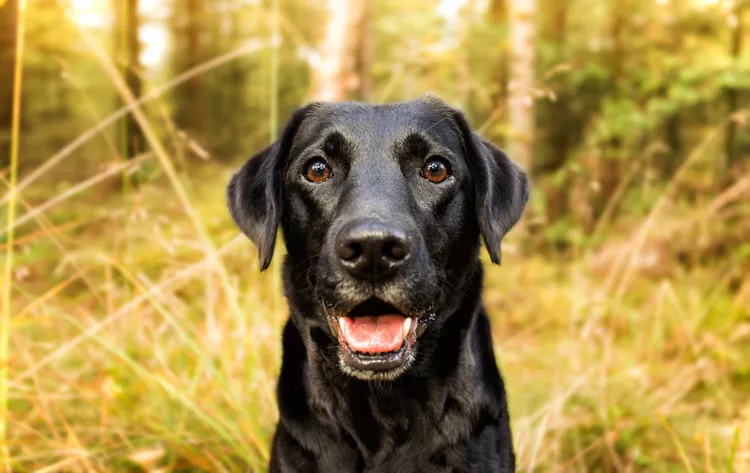
Pulled Muscles in Dogs
A pulled muscle is one of the most common injuries seen in dogs. What can you do if your dog pulls a muscle and how can you prevent it?
Fibrosarcoma in Cats
Fibrosarcomas are potentially fatal soft tissue tumors that can occur in cats. Learn the causes, treatment, and prevention.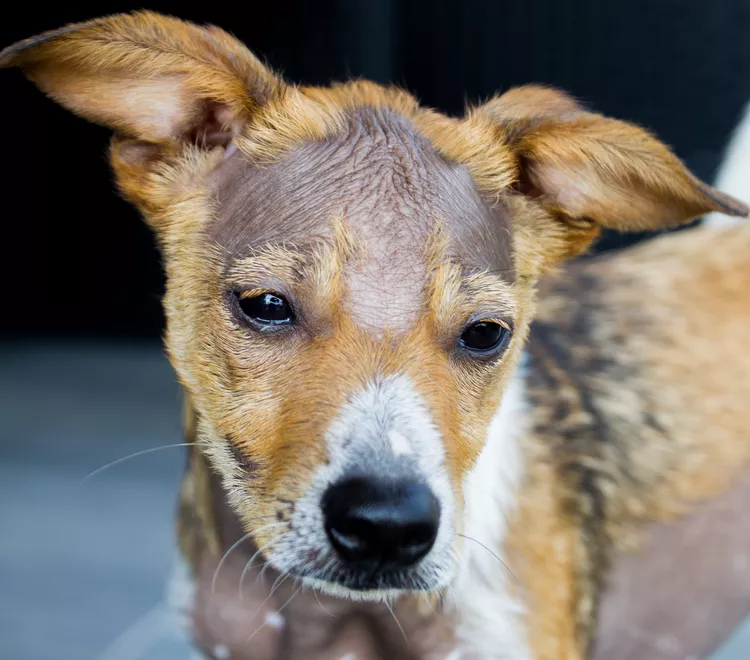
Alopecia in Dogs
Alopecia leads to hair loss and bald spots in dogs. Some breeds may be more at risk. Learn common causes, treatment, and prevention of dog alopecia.
Is Acetaminophen Safe for Dogs?
Acetaminophen is used by humans for pain and fever relief, but is it safe for dogs? Here's what you need to know before giving your dog acetaminophen.
Can Dogs Eat Almonds? Understanding the Risks and Guidelines
Can dogs eat almonds? While a couple likely won't hurt, it's best to avoid feeding your dog this nut. Learn the risks here.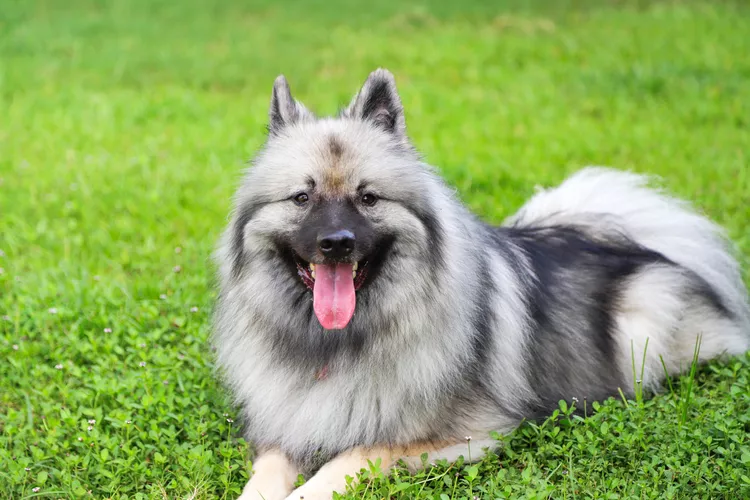
Keeshond: Dog Breed Characteristics & Care
Learn about the keeshond dog, also known as the Dutch Barge Dog. This fluffy spitz breed was bred to guard, but also makes a friendly companion.
Is Rosemary Safe for Dogs?
Rosemary is used both for cooking and as a supplement with many reported health benefits in people, so you may be wondering if it is safe to give to your dog. Rosemary is considered non-toxic for dogs but with some caveats.
7 Hybrid Cats Breeds
Hybrid cat breeds can make appealing pets since they look more exotic than domestic house cats, but they aren't for everyone.
The Best White Cat Breeds to Keep as Pets
Several breeds can result in white cats with long or short hair. Find out the pros and cons of these white cat breeds.
11 Cute Pictures of Ragdoll Cats
Ragdoll cats are known for their beautiful coats and bright, blue eyes. Learn all about the breed, and check out some cute pictures here.
7 Reasons Why Your Cat Eats Paper, and How to Stop It
Is your cat eating paper? Learn why your cat is doing this, and find out how to put a stop to it.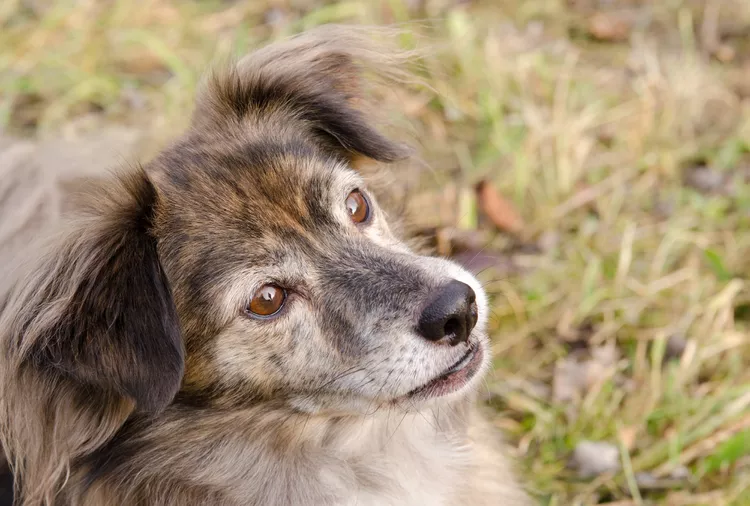
Feist: Dog Breed Characteristics & Care
Feists are small, short-haired dogs developed to hunt squirrels and catch vermin. These high-energy, affectionate pooches make great companion animals.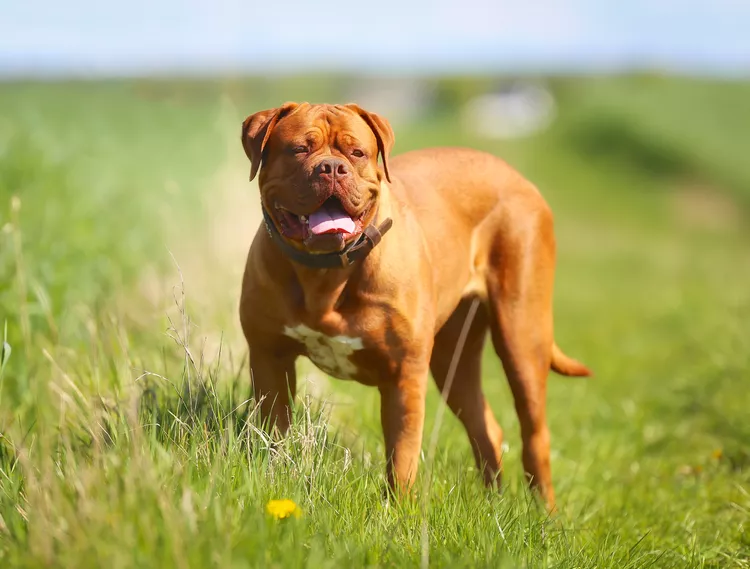
Dogue de Bordeaux (French Mastiff): Dog Breed Characteristics & Care
Learn about the Dogue de Bordeaux, also called the French mastiff. Although large and muscular, they’re known for their calm and gentle personality.
How to Stop Your Dog From Fearing Men
Many dogs have a phobia of men. Learn how to help your dog overcome its fear through desensitization and training while keeping everyone safe.
Why Dogs Eat Poop and How to Stop Them
Is your dog eating poop? Some dogs do this because of stress or illness. Learn how to prevent stool eating, or coprophagia, in dogs.